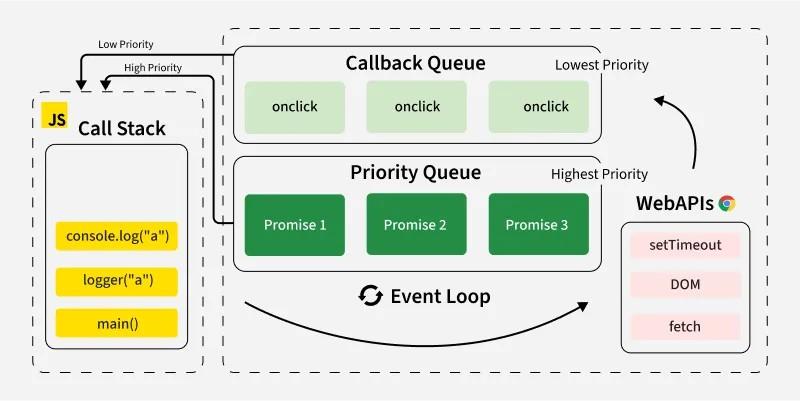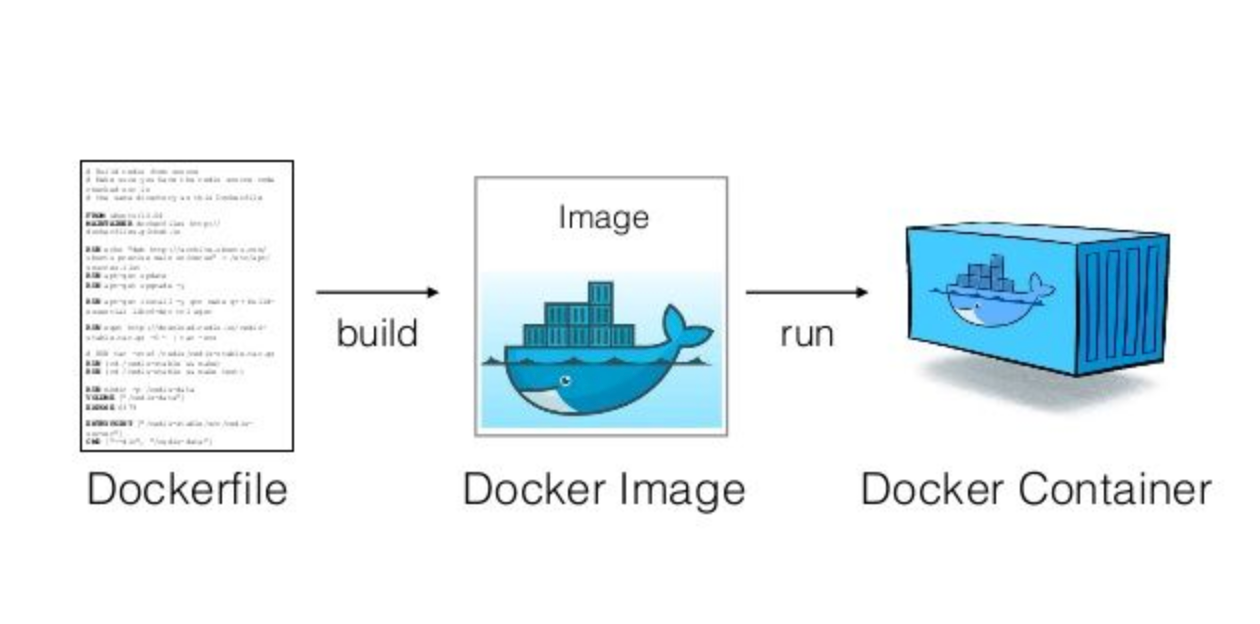I've deployed all three of these bastards in production. Node.js back in 2007 when it was held together with duct tape, Deno since 1.0 when everyone was convinced it would murder Node, and Bun since 1.0 dropped in September 2023. Here's what breaks when you're trying to debug at 3AM.

Visual guide to JavaScript event loop mechanics across different runtimes
Node.js: The Boring Choice That Works
Node.js is boring as shit and that's exactly why it works. We're running Node.js 22.x LTS in production, and honestly the worst part is npm audit screaming about vulnerabilities in packages buried so deep in your dependency tree you need a fucking archaeology degree to find them.
The real win isn't speed - it's that when shit breaks at 2AM, Stack Overflow has 3 million answers and every monitoring tool just works. DataDog? Plug and play. New Relic? Just install the agent. No "we'll support that in v2" bullshit.
Deno: Security Theater with Real Benefits
Deno 2.0 fixed the npm thing but here's what they don't tell you: shit still breaks in weird ways. That package that assumes __dirname exists? Yeah, it'll fuck you. And Deno's permission system is great until you spend 4 hours debugging why your app can't read a config file and end up just using --allow-all like everyone else.
When it works though, it's actually pretty nice. Netlify runs Deno for edge stuff, Supabase uses it for user functions. The startup time is legit better, and not having to set up Jest/Mocha/whatever testing bullshit is refreshing.
Bun: Fast as Hell, Stable as a House of Cards
Bun's benchmarks aren't fake - it really is 2-4x faster for HTTP. The problem? It crashes. Not maybe-crashes, not edge-case crashes. Production API goes down at 2PM on Tuesday crashes.
We tried Bun in prod early 2024. Ran great for three weeks, then a concurrent build thing started crashing the API. Not JavaScript errors - actual segfaults. Good luck explaining to your PM that your runtime is dumping core like it's 1995.
The Reality Check Nobody Wants to Hear
Your shitty SQL queries and that API that returns 500s every Tuesday matter way more than Hello World benchmarks.
Just use Node.js unless you've got an actual problem. Like Lambda cold starts eating your AWS bill, or TypeScript taking so long to compile that devs have time to make coffee and rethink their career choices.


